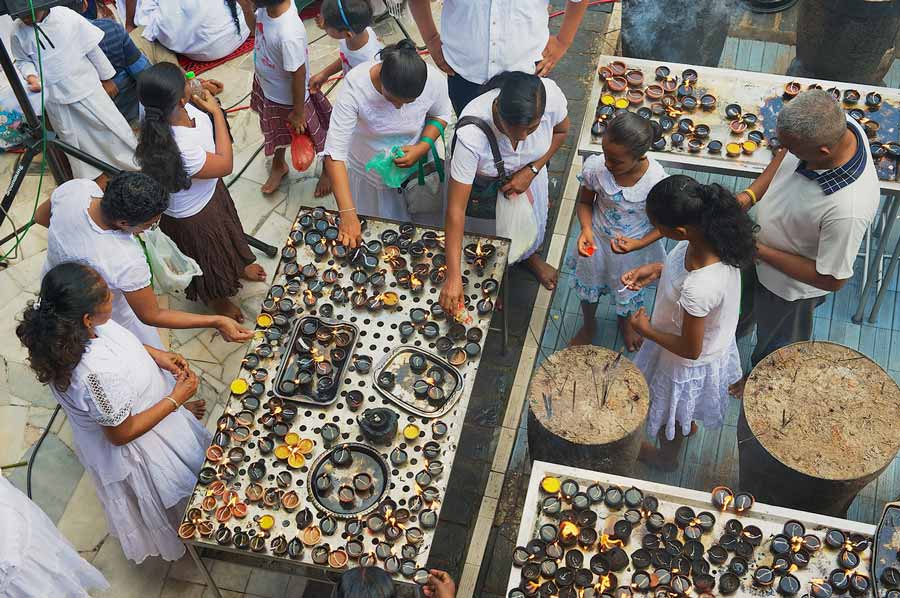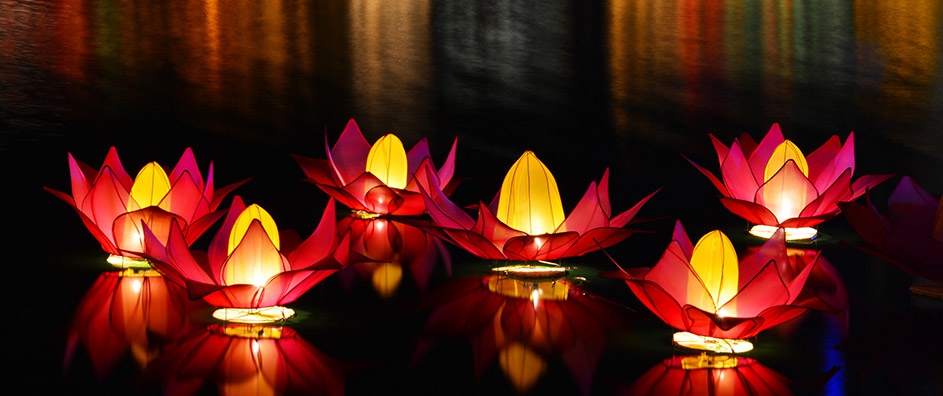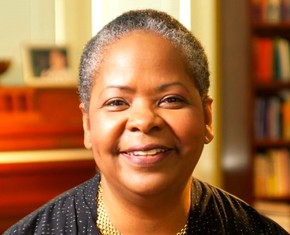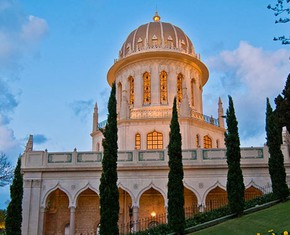The views expressed in our content reflect individual perspectives and do not represent the authoritative views of the Baha'i Faith.
Do you celebrate Vesak—or maybe, I should ask first, do you know what Vesak is?
I didn’t know myself until one day in 1999, when I was on the phone with a friend who works at the United Nations headquarters in New York, and she said “Gotta go—time for the Vesak celebration!”
Since the UN respectfully celebrates and observes many of the world’s holidays and holy days, this made me really curious, so I looked it up. That year, I learned, happened to be the very first year the UN ever put Vesak on its calendar.
They decided to observe Vesak because it commemorates the birth, the enlightenment and the passing of Gautama Buddha.
You may have never heard of Vesak (or Vesakha, or Buddha Day) because it’s mostly celebrated in places with large concentrations of Theraveda, or Southern Buddhists. Those are the believers in the Buddha who originate mostly in India, Japan, Malaysia, Bhutan and many other Asian nations. (Mahayana Buddhists, the other major branch of Buddhism, mainly live in places like China, Vietnam, Korea, Nepal, Taiwan, Mongolia, Indonesia and Singapore—but both of the Mahayana and Theraveda denominations are spread throughout India and Asia.)
The word Vesak comes from the Pali term vesakha or maybe the Sanskrit vaisakha, the name of the lunar month in the Hindu calendar that falls in April and May. Buddhists observe Vesak on the day of the full moon in that particular lunar month. In this year, 2017, Vesak happens on May 10th, although different countries and traditions celebrate it on differing days.

People light candles at the Buddhist temple during Vesak religious celebration in Colombo, Sri Lanka.
In Japan, they call Vesak Hanamatsuri, the Day of Flowers or the Flower Festival. In Burma, they call it Full Moon Day. In Mongolia, they call it Lord Buddha’s Great Festival Day. In Sri Lanka, people sit out in the moonlight in arched bowers made of flowers and greenery, listening to stories from Buddha’s life. In some places in China, they call it Yufogie, the Occasion of Bathing the Buddha. I have no idea why, but that term always makes me laugh—just like the Buddha often did when he taught his followers the mysteries of enlightenment, the Four Noble Truths and the Eightfold Path.
I always try to celebrate Vesak with a walk in the moonlight. Sometimes that May full moon is so bright it’s almost like daylight, and taking a walk on a warm May night, with the glorious scent of spring blooming everywhere, reminds me of the beautiful spiritual springtime every new revelation brings to humanity.
So you might be asking yourself right about now: Why does a Baha’i celebrate the birth and enlightenment of Buddha?
The Baha’i teachings illustrate why:
Each religion teaches that a mediator is necessary between man and the Creator—one who receives the full light of the divine splendor and radiates it over the human world, as the earth’s atmosphere receives and diffuses the warmth of the sun’s rays. This mediator between God and humanity has different designations though he always brings the same spiritual command.
In one era he is called Abraham, at another time Moses, again he is called Buddha, another time Jesus, and yet another time Muhammad. All turned to the divine reality for their strength. Those who followed Moses accepted him as their mediator; those who followed Zoroaster accepted him as their mediator; but all the Israelites deny Zoroaster, and the Zoroastrians deny Moses. They fail to see in both the one light. Had the Zoroastrians comprehended the reality of Zoroaster, they would have understood Moses and Jesus. Alas! the majority of men attach themselves to the name of the mediator and lose sight of the real purport. – Abdu’l-Baha, Star of the West, Volume 8, pp. 110-111.
That’s really the best way to explain it. I love the Buddha and his teachings, and my walk in the moonlight on Vesak each year reminds me why:
No one truth can contradict another truth. Light is good in whatsoever lamp it is burning! A rose is beautiful in whatsoever garden it may bloom! A star has the same radiance if it shines from the East or from the West. Be free from prejudice, so will you love the Sun of Truth from whatsoever point in the horizon it may arise! You will realize that if the Divine light of truth shone in Jesus Christ it also shone in Moses and in Buddha. The earnest seeker will arrive at this truth. – Abdu’l-Baha, Paris Talks, p. 137.
















Comments
Sign in or create an account
Continue with Googleor